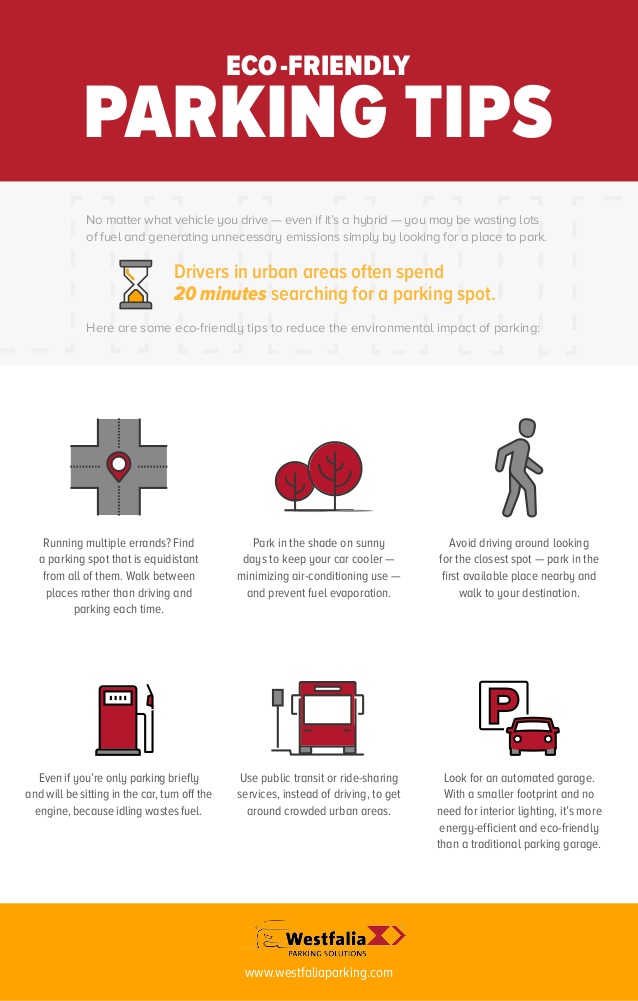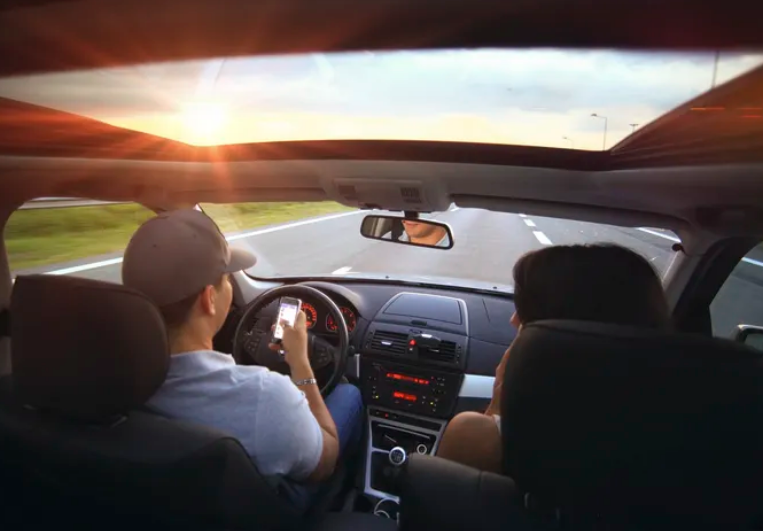As the spring weather approaches, more and more families are likely developing travel and vacation plans. While many families only look to the destination, the journey is often one of the most fun parts of the entire trip. However, have you ever considered the ways your family could be more eco-conscious throughout your travels? This post will detail the ways in which any family can minimize their environmental impact throughout their travels, in addition to finding ways to make travel alternatives work when possible.
Many families that are only eyeing travel plans that don’t stretch too far from home often consider public transportation or a group bus tour. While these types of travel options limit the amount of privacy your family will experience, they are certainly the most environmentally friendly. The con to this form of travel is that it’s particularly limiting in regards to how far your family can venture out, however. For longer excursions, in order to remain environmentally conscious, devising a plan that allows the entire family to take one vehicle is imperative.
The family vehicle that is chosen to be taken for whatever trip must be prepared to experience some wear and tear. It’s up to the drivers to find the conditions that help reduce the stress on the vehicle while traveling. For example, air condition and heating. Many passengers may insist on these features operating at their maximum efficiency, but sparing use is much more beneficial to your vehicle. Opening the windows to circulate air rather than using the air conditioning is much more effective for a vehicle traveling long hours in the summer. For families traveling through the winter months, instead of immediately blasting your vehicle’s heating element upon start up, allow your vehicle to gradually heat itself up before cranking up the heat. Next, and equally as important, consider the speeds at which you’re traveling. While driving at the highest speeds might reduce your travel time, it can certainly impact your vehicle’s condition. Maintaining speed limits is the best way to decrease carbon emissions and increase your vehicle’s expected mileage.
One last thing to consider, and it is certainly very surprising. Many families while on their travels will spend a lot of time looking for parking in areas they’re unfamiliar with. Of course, as with anything else, this can have a negative impact on your vehicle. It’s important to not spend too long looking for the most optimal parking, as it’s likely already at capacity. More often, families should look to the convenient spots that are readily available, even if it means sacrificing a few minutes spent walking to the actual destination. For more information on how your family can make the most out of its next vacation, be sure to take a moment to check out the infographic coupled alongside this post.

Author bio: Ian Todd is Director of Automated Parking Systems for Westfalia, a York, Pennsylvania-based manufacturer. Todd has more than 15 years of experience in automated parking systems in both Europe and the Americas, where he has held roles in product development, project management, marketing, and business development and sales.



